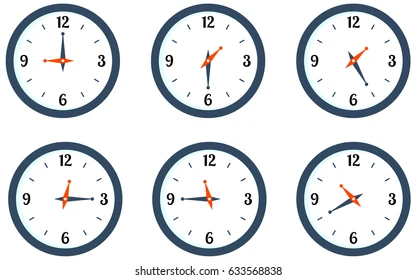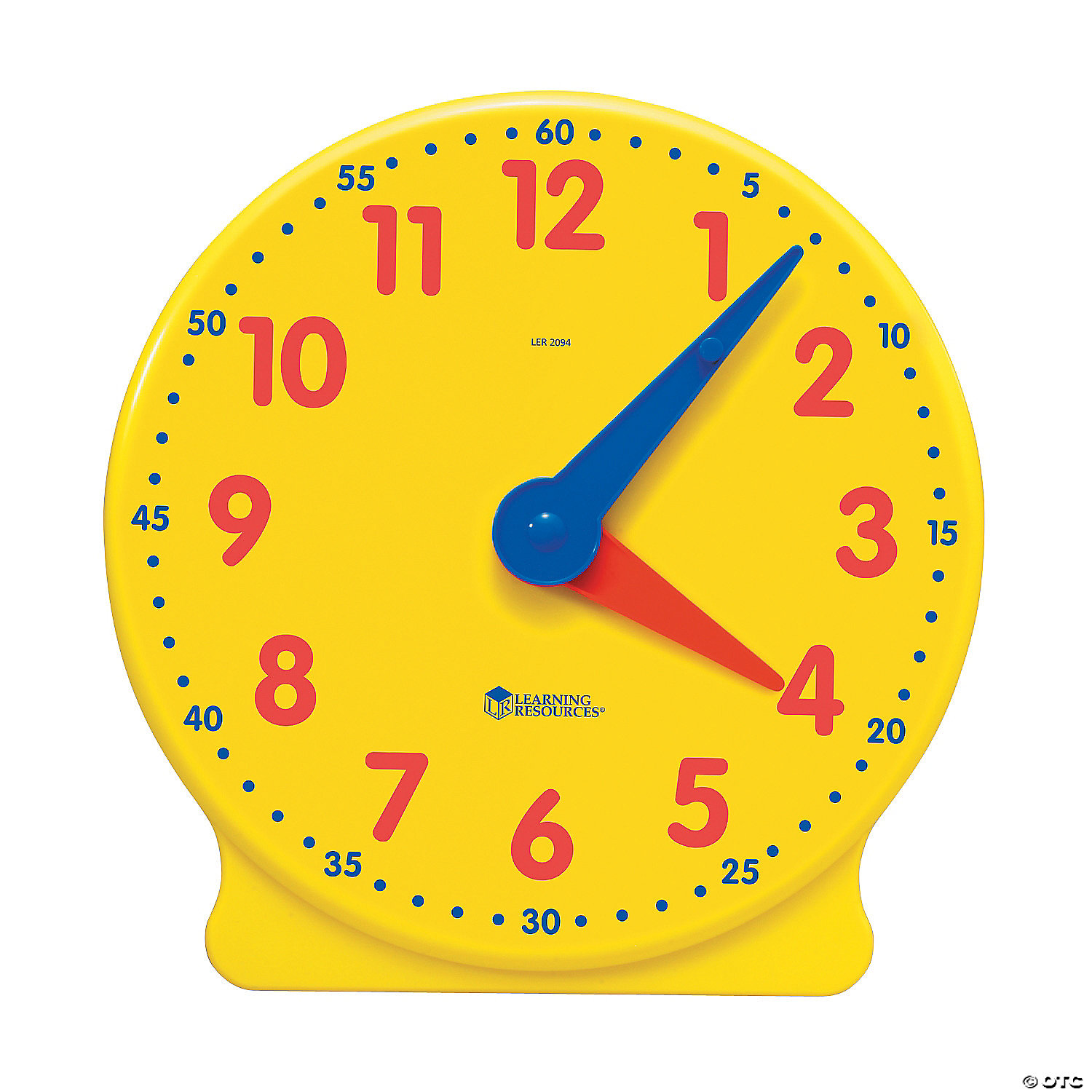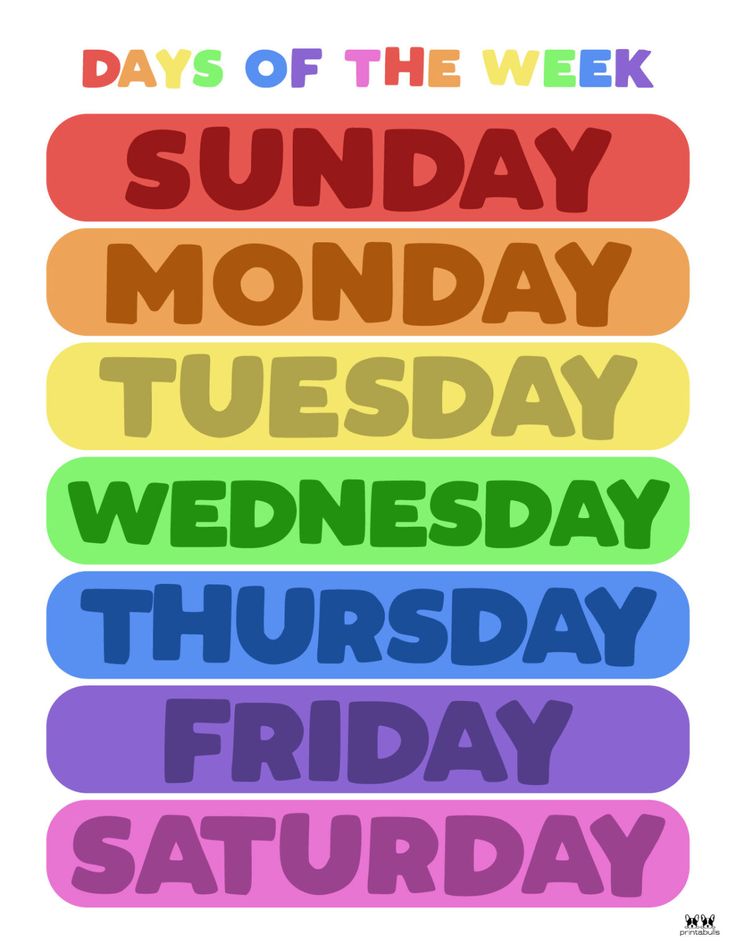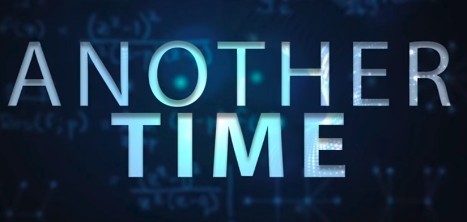TIME
TIME STARTING TIME WORDOLOGY DIFFERENT TYPES OF TIME GEOLOGICAL PHASES DIFFERENT TIMES –HISTORICAL TIMES DIFFERENT TIMES – STANDARD- LOCAL DIFFERENT TIMES- TIMELINES DIFFERENT TIMES – WORKING HOURS DIFFERENT TIMES – FREE- WASTE DIFFERENT TIMES- BIOLOGICAL DIFFERENT TIMES – SCIENTIFIC DIFFERENT TIMES …
TIME STARTING
- TIME WORDOLOGY
DIFFERENT TYPES OF TIME

- GEOLOGICAL PHASES
- DIFFERENT TIMES –HISTORICAL TIMES
- DIFFERENT TIMES – STANDARD- LOCAL
- DIFFERENT TIMES- TIMELINES
- DIFFERENT TIMES – WORKING HOURS
- DIFFERENT TIMES – FREE- WASTE
- DIFFERENT TIMES- BIOLOGICAL
- DIFFERENT TIMES – SCIENTIFIC
- DIFFERENT TIMES – ARRIVAL TIME
- DIFFERENT TIMES –GOOD AND BAD TIME
- DIFFERENT TIMES – HINDU TIME
One of the big reasons why time is such a difficult concept to understand is that time exists partly in our mind. If I sit in one place for a day, that day has objectively passed and the sun will set. However, my experience of that time may have seemed like ten minutes or ten days depending on what I was focused on during that time, who I was talking to, and where I was. If I was asleep, the passage of time may have appeared to be about 10 seconds. The fact that the experience of time is partly subjective makes it difficult to understand and fully grasp. What exactly is time, and what does it mean? As Albert Einstein said of his relativity theory that proves that time moves more slowly when an object goes very fast:“When you sit with a nice girl for two hours you think it’s only a minute, but when you sit on a hot stove for a minute you think it’s two hours. That’s relativity.”
CLOCK-CALENDER DATE

- CLOCK TIME
- CALENDAR
- DATE
The invention of the mechanical clock revolutionized sea-faring, for instance – since it allowed sailors to estimate their longitude, and in doing so it fuelled the age of discovery and colonialism. It also fuelled advances in astronomy, as stargazers could measure the path of heavenly bodies with greater precision. Without clocks, people would be forced to learn how to use “solar time”. This would mean people would have more knowledge about the Sun, Moon, and stars. If clocks did not exist, everyone would be off schedule. Why do clocks become wrong? Clock drift refers to several related phenomena where a clock does not run at exactly the same rate as a reference clock. That is, after some time the clock “drifts apart” or gradually desynchronizes from the other clock. All clocks are subject to drift, causing eventual divergence unless resynchronized.
DAY-WEEK-MONTH-YEAR

- YEAR-MONTH
- WEEK-DAY- NOW
- DAY TIMINGS
- PAST-PRESENT -FUTURE
The Romans named the days of the week after the Sun and the Moon and the five planets, which were also the names of their gods. The gods and planets were Mars, Mercury, Jupiter, Venus, and Saturn. Each of the days of our week is named in honor of a god or object deemed worthy of veneration by the Anglo-Saxons. The sun and moon each get their due on Sunday (from the Old English sunnandæg, or literally “sun’s day”) and Monday (“moon’s day”).
ANOTHER TIME

- TIME LIMIT-TIME RUN FAST SLOW
- ON TIME-LATE –SOON-LATELY
- NEARLY-ALMOST-PRACTICALLY
- WAIT
- LONG TIME-SHORT TIME
- OCCASIONALLY
- PERMANENT-ALWAYS-FOREVER
- TRANSITION PERIOD –MEANTIME
- SUCCESSIVE TIME
- LAST MOMENT –VERGE
Why time is such a difficult concept to understand
1) Time is partly in our mind: One of the big reasons why time is such a difficult concept to understand is that time exists partly in our mind. If I sit in one place for a day, that day has objectively passed and the sun will set. However, my experience of that time may have seemed like ten minutes or ten days depending on what I was focused on during that time, who I was talking to, and where I was. If I was asleep, the passage of time may have appeared to be about 10 seconds. The fact that the experience of time is partly subjective makes it difficult to understand and fully grasp. What exactly is time, and what does it mean? As Albert Einstein said of his relativity theory that proves that time moves more slowly when an object goes very fast:“When you sit with a nice girl for two hours you think it’s only a minute, but when you sit on a hot stove for a minute you think it’s two hours. That’s relativity.”
2) Time is affected by emotions: As Einstein’s quote emphasizes, time is partly a function of emotion. It’s not just about grand scientific principles.
For this reason, it can be hard to understand time as a concrete, fixable entity. After all, how can one thing which exists manifest so differently depending on how we feel?A work day could seem to stretch for days and days, while a fun night out with friends goes by in the blink of an eye. If we say they both lasted seven hours, this only really means something in an objective sense or when compared between two things. The time when you were out with your friends you could have been earning money. But what is the inherent value or meaning of any block or piece of time? How can one thing mean so much or so little in different contexts but still be the same actual thing?
3) Time depends on what we do with it: This all points to the central fact that the meaning of time varies widely, depending on what we do with it. Very often I have felt time go by far too quickly when I was absorbed in a project I was passionate about or having fun, and crawl by when I was bored or feeling hopeless. The difference-making factor in whether my time felt valuable or not was whether I was in tune with my purpose. The consequences of not finding your purpose in life include a general sense of frustration, listlessness, dissatisfaction and a sense of not being connected with your inner self.
After watching the video, I discovered my purpose in life and it dissolved my feelings of frustration and dissatisfaction. This helped me to see time much more as my ally and collaborator instead of as an opponent or indifferent. I learned to work with time, instead of against it.
4) The traditional understanding of time is incomplete: On a scientific level, it’s also true that time is not as simple as we assume or perceive it to be.In fact, researchers who get deep into physics have found that the idea of past, present and future is only useful and correct in a terrestrial and human context.In the cosmic level these descriptors of events and processes often cease being a meaningful explanation or even occur in ways which fall outside linear time or bend it to the extent that linear time no longer has a clear meaning. In fact some physics processes begin in the future and end in the past, and our perception of a process (or a star) for example, may literally be a vision into the past that technically no longer exists.
As Claudia Hammond writes for BBC Future : “It is true that many events in the Universe can be put into sequential order – but time is not always segmented neatly into the past, the present and the future.
Some physical equations work in either direction.”
5) Some experts say time is an illusion: Some experts have gone further than saying time is flexible or changes in certain contexts. Take leading physicist Carlo Rovelli. “there is neither space nor time—only processes that transform physical quantities from one to another, from which it is possible to calculate possibilities and relations…”The most basic example would be looking at a planet through a telescope and thinking that you are seeing what currently exists when, in fact, you are seeing a glimpse into a number of years in the past. At a more basic level, consider making a call from Paris, France to Los Angeles, California:
The slight delay between them talking and you hear the person talk means that when you hear their words it is technically already the past. Those words were not said now, they were also said previously, but you are just hearing them in your “now.”According to Rovelli that is because there isn’t actually any definable now which is probably shared by anyone.
According to him, there are just different processes and experiences which jumble together and which we cognitively and experientially sort into the present, past, or future for our own comprehension.
6) The past is subjective: More simply, whether or not you buy into the thoughts of people like Rovelli, it’s true that our understanding of time is subjective.Take a block of time that technically and provably exists as far as we know: the past. Any of us not suffering memory loss or amnesia can all select from various episodes in the past and say they happened. We can cite our age and recollect a supposed amount of “years” of time that are in the past and things that occurred. But how much of that past is subjective or changeable based on our own recollection of it?
Also, what’s the value of this time if two years for us went by in misery or went by in a flash of inspiration and activity? What does that time actually mean? The truth, increasingly, appears to be that it means what we make it mean at the time it happens and in the future.
7) Time is partly cultural: Another reason why time is such a difficult concept to understand is that it’s partly cultural. This includes different cultures and their value of punctuality, the pace of life, and also ideas of rites of initiation and what you should be doing or have already done by a certain age.
Time is viewed vastly differently by culture and also by epoch.In medieval Europe the idea of living above 40 itself would have been relatively rare for a common person, now it may be considered quite normal. In one culture it may be highly offensive to show up an hour late for a dinner invitation, while in another it may be seen as somewhat rude and stress-inducing to show up on the dot.
Time, and the norms about what to do with time and how to treat time, is a very culturally-influenced quantity.The time is now However you think of time, or even if you don’t think of it at all, there’s no question that some form of time is passing and our mortal bodies are aging and will eventually cease to exist.
The time that you have now is up to you to use or misuse as you choose.This can be quite a tall order if you feel like you’re lost at sea and unsure what to do about the time you have, or if you feel that many competing demands are being made on your time…… And you can’t decide which demand is true to you and your values. But here’s the thing:
Let’s make our time worth it, whatever exactly it might be! Love yourself first and everything else falls into place It may sound conceited or narcissistic to focus on loving yourself first. But it’s not. The point isn’t to believe you’re better than others or to accept things about yourself that you really do need to change. It’s about developing a healthy and nurturing relationship with… you! Loving yourself is about committing to who you are, understanding the many different nuances of your identity, and showing yourself a level of care and intimacy that we usually reserve for other people.Unfortunately, we’re not taught how to love ourselves from an early age. And we end up caring about what others think of us rather than focusing on what we need at a more fundamental level.






